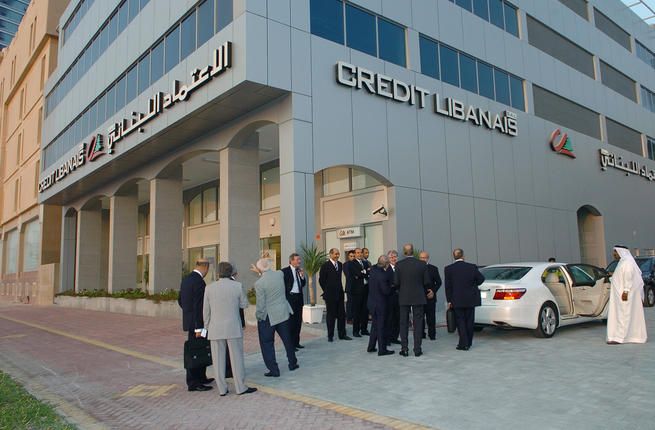
albawaba.com
The Large inflow of remittance of o Lebanon are one of the main reasons the country was spared the fate of Greece, Bank Audi said in a report issued Thursday.“Lebanon’s remittances to GDP ratio stands at 18 percent today, one of the highest worldwide, against a mere 0.3 percent for Greece,” the report said.It added that these inflows have allowed Lebanon to weather the financial crisis, although the country still needs structural reforms and fiscal adjustments to reduce the public debt.
It added that Lebanon is among the very few countries with sustained large capital inflows over a long period.
“Lebanon’s financial inflows to GDP averaged approximately 47 percent over the past five decades, supporting the domestic economy at all times,” the report noted.
Audi stressed that the large financial inflows to Lebanon are structural and do not relate to specific periods or eras, though certain events can amplify or reduce their scale.
“Inflows emanate from Lebanese residents that historically have good offshore saving levels, and from Lebanese nonresidents that favored local banks over renowned international names, especially amid the global turmoil,” Audi explained.
It added that the breakdown of inflows to Lebanon shows that they are constituted mainly of remittances, which account for 45 percent of the total, while foreign direct investment makes up 25 percent, and the remaining 30 percent is mainly tied to touristic receipts.
Furthermore, the report emphasized that Greece’s debt-to-GDP is higher than Lebanon’s.
“Greece has a higher public debt ratio, despite several bailouts, standing today at 177 percent of GDP against 132 percent for Lebanon,” the report said.
It added that most of Greece debt is external and this has put the country in a more vulnerable position with its creditors.
“While Greece’s debt is external to the extent of 87 percent, Lebanon’s external debt does not exceed 13 percent of total debt,” Audi said.
It added that Lebanon’s debt is held primarily by Lebanese investors, individuals and institutions, and this helps avoid quick and massive exits, as domestic investors tend to be patient and do not exit at the first unrest signal.
“The debt profile of Lebanon has also improved in terms of currency structure. The foreign currency portion of total debt has dropped from more than 50 percent a few years ago to below 40 percent today, with what this entails in terms of redemption capacity on behalf of the Lebanese government that has full control over its local currency.”
Audi argued that despite consecutive balance of payments deficits over the past few year, Lebanon today benefits from a very good external position.
The foreign assets of the Central Bank total approximately $39 billion (excluding gold), a new high, representing close to 77 percent of the Lebanese pound money supply and more than 24 months of imports.
When including gold, foreign assets total approximately $50 billion, almost two times Lebanon’s foreign currency debt and covering around 70 percent of total government debt at large.
Audi also noted that the Lebanese banking sector is in a far better position than the Greek banks.
“The Lebanese banking sector is also sound, displaying strong financial soundness indicators when compared to the weakened Greek banks. Primary liquidity is above 40 percent in Lebanon, compared to below 10 percent in Greece,” Audi’s report said.
However, the report urged the government to embark on structural adjustment measures that would gradually place its fiscal ratios on a downward path to reach sustainable levels apt to protect the country’s economic, financial and monetary resilience in the medium to long term.



